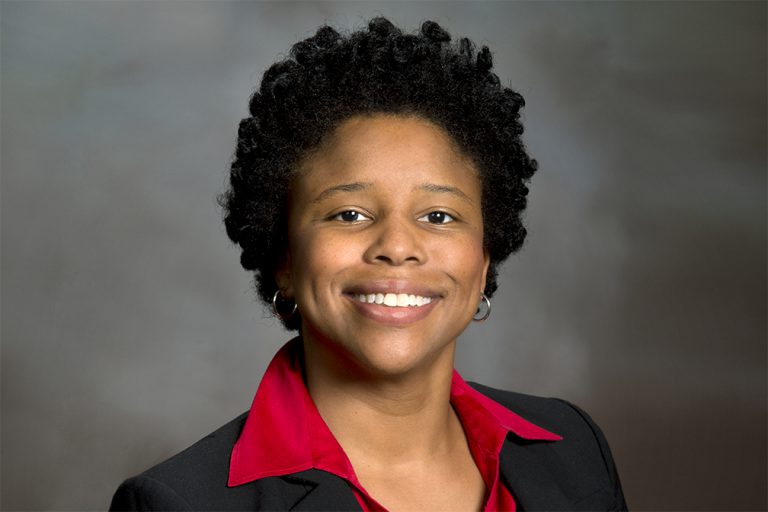Faculty Spotlight: Nneka Logan
January 31, 2019

Super Bowl advertising will continue to evolve this year, as companies look for platforms to demonstrate their values and commitment to social responsibility, according to Nneka Logan, an assistant professor of communication in the College of Liberal Arts and Human Sciences.
“The Me Too and Times Up movements have definitely changed the way many brands will approach their Super Bowl advertisements, particularly in the way that women and girls are depicted,” said Logan. “I think social impact ads that encourage unity, embrace difference, and advocate for achieving positive social change will be popular.”
Logan specializes in corporate communication, race and diversity. She says many corporations are operating in new territory by trying to grapple with issues of social justice — within the context of race and discrimination — in ways that attempt to satisfy multiple stakeholders while also trying to take a stance against racial discrimination.
“Nike and Gillette may have given us a taste of what’s to come,” said Logan. “Social issue ads have to illustrate the kind of change in the world the company wants to see and the ads have to be compelling enough to inspire conversation.
“That conversation may consist of support as well as ridicule,” she added, “but that’s okay because the main objective of this form of corporation communication is to shed light on the social issue featured in the ad and showcase the brand as a supportive force for positive social change.”
Logan’s expertise is focused in public relations, organizational communication, corporate discourse, race, and diversity. For more than nine years, she worked in a variety of communication roles for a multibillion-dollar corporate organization and its subsidiaries, managing internal, external and executive communication strategies, tactics, programs, and projects.
Logan holds a doctorate in communication and a master’s degree from Georgia State University and a bachelor’s degree from the University of Georgia.
Written by Bill Foy







